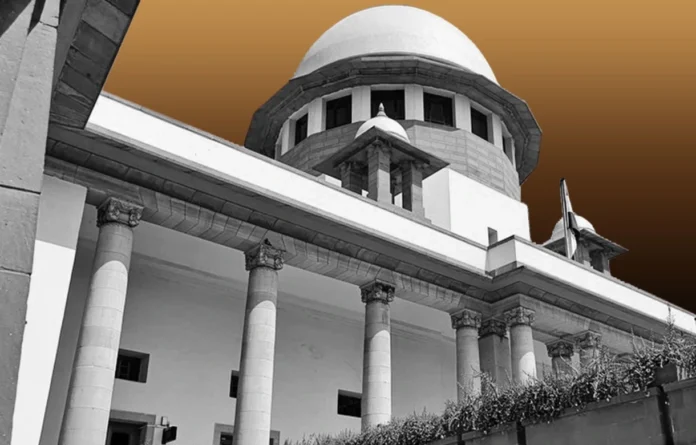The Supreme Court has taken decisive action against the New Okhla Industrial Development Authority (NOIDA), following serious findings by its Special Investigation Team (SIT). In a significant ruling, the bench—led by Justices Surya Kant and Joymalya Bagchi—identified multiple systemic flaws within the Authority’s decision-making and mandated extra precautions on future development.
The earlier SIT had uncovered that in at least 20 cases, land compensation paid to certain beneficiaries exceeded legal entitlements. The report not only named culpable NOIDA officials but raised grave concerns about potential collusion, centralised power, and a lack of transparency in administrative operations. It also flagged that major decisions were made without public oversight or regular updates on public projects.
In response, the Court has ordered the formation of a new investigators’ panel—an SIT staffed with senior IPS personnel—tasked specifically with probing these governance breakdowns. Areas under review include suspected collusion with beneficiaries, the need for forensic audit of officials’ financial records, and the overall opacity in the functioning of NOIDA.
The bench directed the new SIT to promptly register preliminary enquiries and, if they find credible evidence of wrongdoing, escalate to FIRs under appropriate legal provisions. This process must be overseen by a police officer of at least Commissioner rank, who will also file periodic status reports to the Court.
To ensure institutional accountability, the Supreme Court instructed the Uttar Pradesh Chief Secretary to place the findings before the Council of Ministers and appoint a Chief Vigilance Officer (from IPS cadre or deputed from the Comptroller and Auditor General) within four weeks. Additionally, a citizen advisory board is to be constituted within the same timeframe.
Crucially, the Court halted any future NOIDA development projects unless they undergo a full Environmental Impact Assessment (EIA) and receive approval from the Court’s Green Bench—a clear signal that environmental safeguards must accompany urban expansion.
The matter has been adjourned for eight weeks, during which the SIT’s report must remain under strict judicial supervision. This ruling marks a robust judicial push for accountability, transparency, and sustainable governance in India’s urban development authorities.


